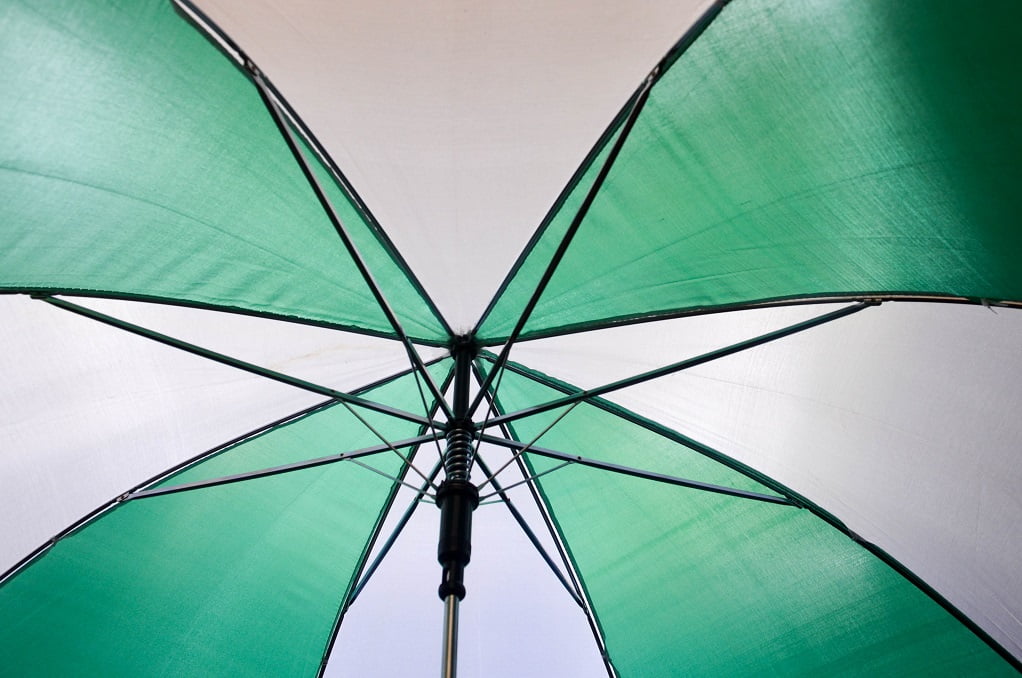Imagine this… you’re driving home after a hectic work week, looking forward to a relaxing weekend with your family. You are just a few blocks from home when your cellphone rings. You glance down to see who is calling. That split-second distraction is all it takes for you to miss the approaching stop sign.
You plow into the side of a passing car. The accident results in serious injuries to the driver and passenger of the other vehicle. You are sued, found at fault, and ordered to pay $1 million for medical expenses, lost wages and the “pain and suffering” of the injured parties.
Although you have auto insurance, the policy has a limit of $300,000. That means that unless you have another way to pay the remaining $700,000, your assets (retirement savings and college funds for your kids) are at risk of being garnished.
This is where a personal umbrella liability policy would come into play. Your assets will remain safe because the personal umbrella policy will cover the remaining balance. Just as an umbrella shields you from the rain, an umbrella insurance policy protects you from a downpour—that worst-case scenario where you could lose everything in a lawsuit. Even if your assets are few, umbrella insurance also protects your income; in some settlements, wages can be garnished up to 10 years.
In addition to extending the limits of your auto and homeowners policies, umbrella insurance also covers personal injury claims, including false arrest, libel and wrongful eviction, typically excluded by those policies. Dependent teenage drivers on your auto policy are also covered.
Why put your nest egg, retirement savings and other hard-earned assets at risk? Umbrella insurance is an affordable layer of protection typically starting with $1 million in coverage, with additional coverage available if your financial situation changes.
Can you afford NOT to have a personal umbrella liability insurance policy?

